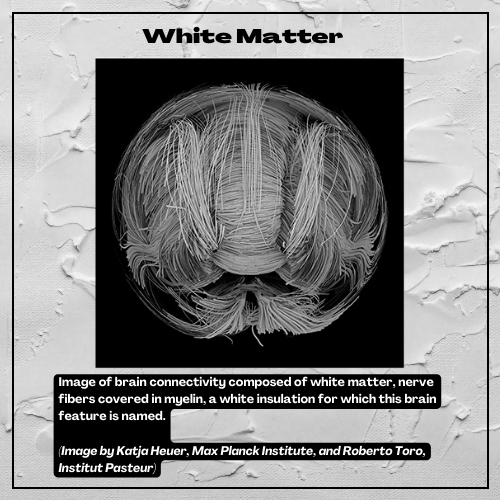By Renata Hill, Moodfuel
Science has shown that racism affects brain function through the continual, and subsequently damaging, release of stress hormones
When discussing racism, we often focus on the external violence and inequity experienced by people within Black, Asian, Indigenous, Latinx and other Communities of Color. Here, we'll dig below the skin for a better understanding of an important internal aspect – how does racism affect our brains?
Race-based traumatic stress
Experiencing the spectrum of racism from overt acts and words of hate to unconscious microaggressions to standardized, "faceless" discriminatory policies is incredibly traumatizing each and every day. Now, neuroscientists have a much better idea of the effects of this trauma on the brain. Studies show that racism causes emotional and mental injuries called Race-Based Traumatic Stress (RBTS), a toxic pollution with symptoms similar to Post-Traumatic Stress Disorder (PTSD).
RBTS symptoms result from changes in the way the brain responds to stressful events and manages the resulting stress hormones, like cortisol and epinephrine. A constant influx of stress hormones damages us because it becomes toxic. Many people accept that stress contributes to body-wide conditions, such as high blood pressure, slowing metabolism, heart disease or stroke. What people may not realize is that our brains can be damaged physically, too.
Brain pathways
Recent Emory University research studied the ways racism changes the very composition of our brains. The Emory team worked with Black women who had experienced racism to research the biological impacts. Using magnetic resonance imaging (MRI) scans, the team identified associations between:
- Discrimination
- Occurrence of medical problems
- Brain white matter integrity.

What is brain "white matter”? According to Dr. Christopher M. Filley, Director of Behavioral Neurology at the University of Colorado School of Medicine, its composed of a large network of spaghetti-like nerve fibers deep within the brain that speeds up communication with the more commonly known gray matter at the brain's surface. In other words, white matter helps us think. If it's damaged, our reasoning ability becomes slower which may affect our behavior regulation and lead to many problems, such as eating challenges or substance misuse.
Memory and cognition
Fortunately for People of Color, 59,000 Black women agreed to participate in the landmark Black Women's Health Study at Boston University. Researchers monitored the women for 25 years from their mid-30s until their mid-60s to learn about the physiological effects of discrimination and racism over time.
“We found an association between experiencing racism—which is a stressor—and lower cognitive function,” said Lynn Rosenberg, senior epidemiologist at the Sloane Epidemiology Center and a principal investigator of the study. “The part of the brain called the hippocampus, which has a lot to do with memory, is affected by [the stress hormone] cortisol. Chronic stress increases cortisol levels, which actually causes the tissue of the hippocampus to shrink over time," she said.
The developing brain
Racism doesn't just cause brain changes in adults. Youth can be affected as well. According to the National Institute of Mental Health (NIH), the human brain continues to develop until a person is about age 25. RBTS can significantly affect the developing brain.
“While children from all backgrounds deal with some harmful circumstances, children in under-represented communities are often subject to more than their fair share,” said Valentina Lagomarsino, a PhD candidate in the Biological Biomedical Sciences program at Harvard University who studies racism and education policy.

Adverse childhood events (also known as ACEs), including racism, loss of a parent due to police brutality, poverty and the mental state of parents produce huge amounts of stress. “Racism and discrimination have been shown to cause toxic amounts of stress and affect brain development,” Lagomarsino said.
The takeaway
First, if everyone educates themselves about the effects of racism on the brain, we can stop referring to the nefarious and oh-so-common myths about "trying harder" and "pulling yourself up by the bootstraps." When our brains are physically changed or damaged, community, government and professional support is essential in helping neighbors find pathways to mental health and prosperity.
Stephanie Green of the Colorado Springs nonprofit Another Life Foundation supporting Black mental health said it best during a community event: "Mental health is wealth."
Second, brain research proves that racism in all its forms harms people and communities. Let's move past telling people to get a grip and help them rise instead.

If you or someone you know is struggling with RBTS or toxic stress, call or chat with the 988 Lifeline or take a look at the Moodfuel Resource Guide, confidential and available 24/7 with 1,000+ links to no- and low- cost programs, groups and listeners statewide.


